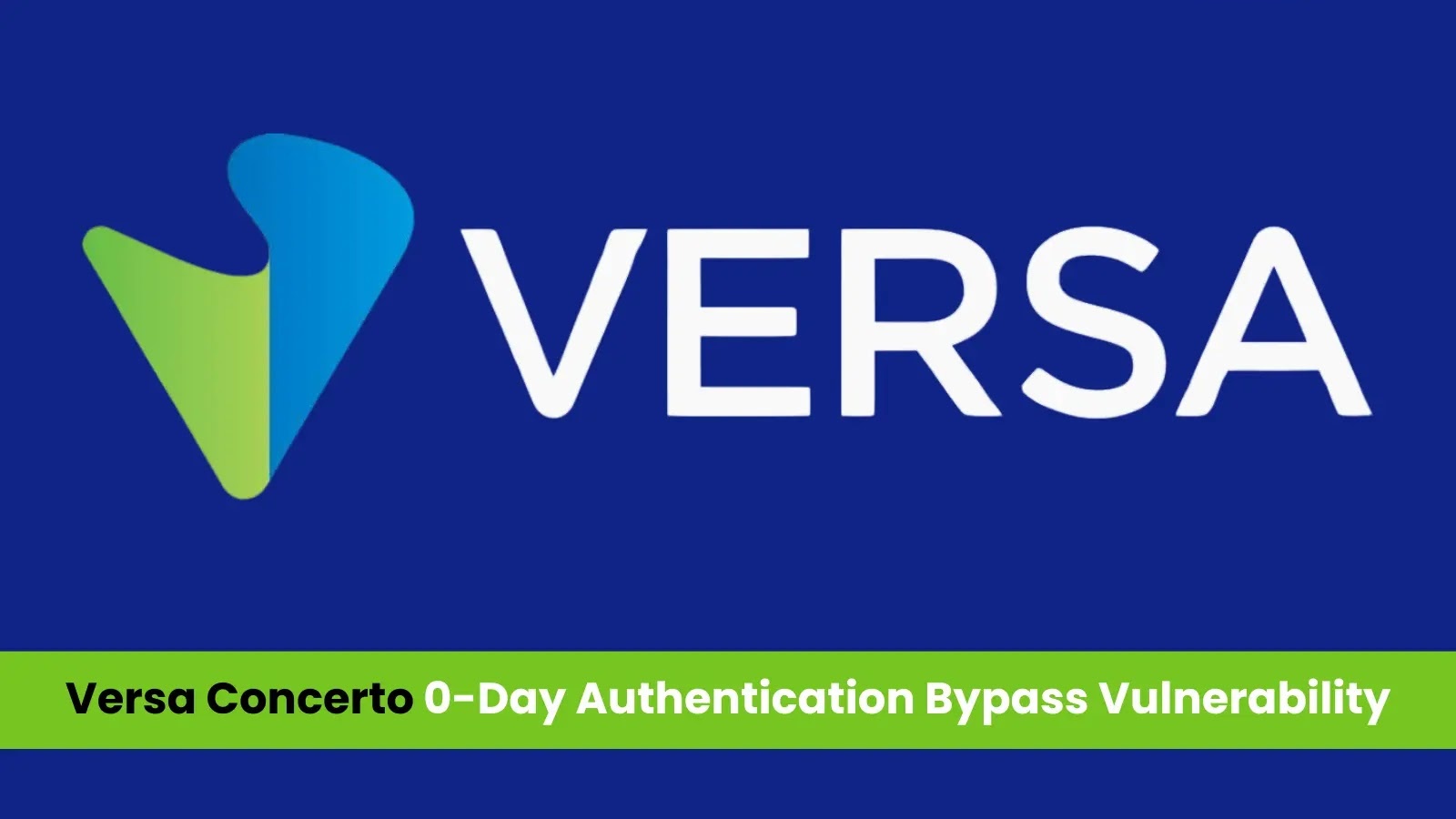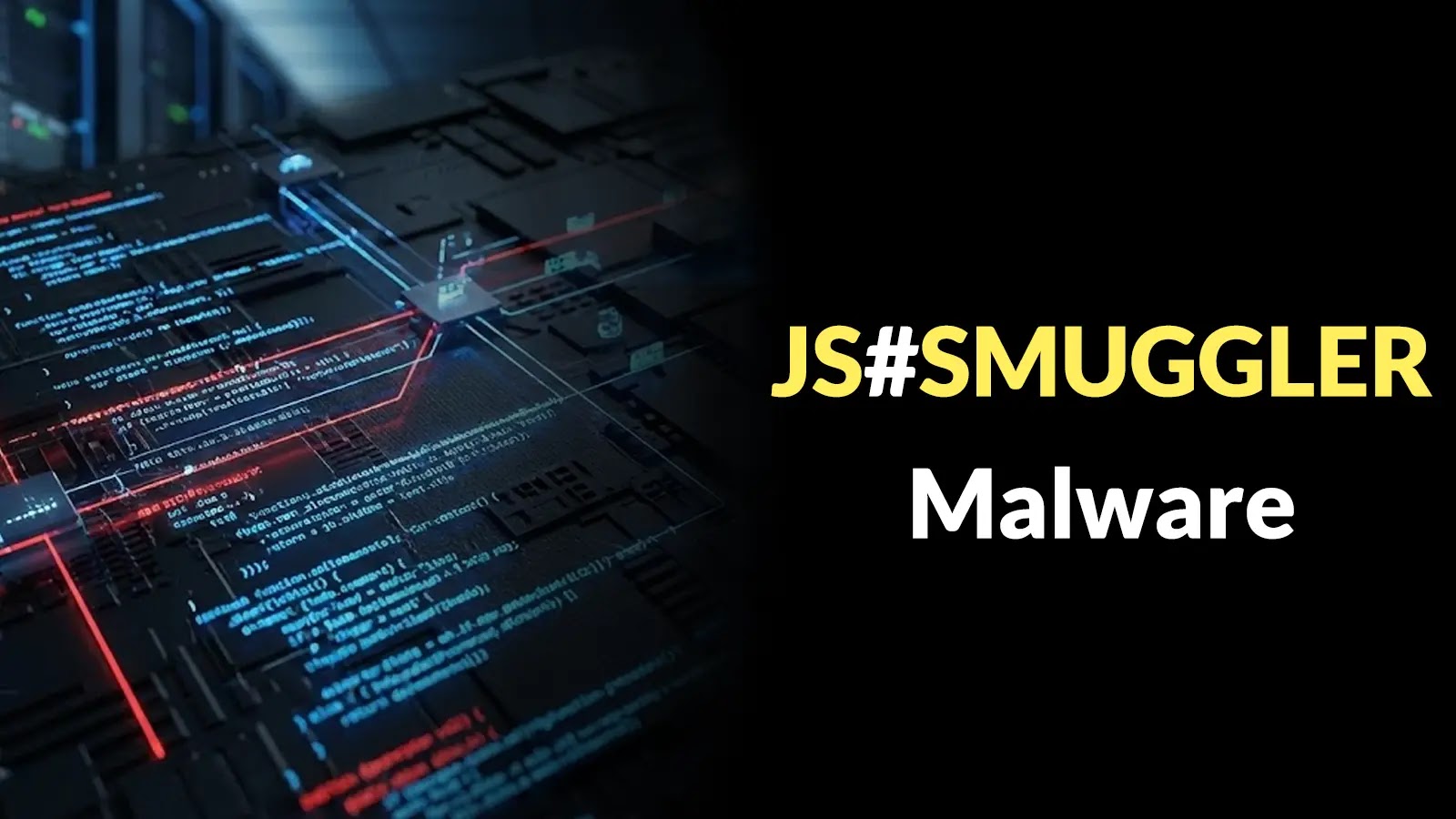A significant security flaw has been identified in Versa Concerto, a widely utilized SD-WAN orchestration platform employed by numerous enterprises and government agencies. This vulnerability, stemming from an authentication bypass, can be exploited to achieve remote code execution, potentially leading to full system compromise. Despite responsible disclosure efforts initiated in February 2025, these critical issues remain unpatched, leaving organizations exposed to potential attacks.
Understanding the Vulnerability
Versa Concerto offers network security and SD-WAN orchestration capabilities, making it a critical component in managing network infrastructures. The identified flaw is a Time-of-Check to Time-of-Use (TOCTOU) vulnerability within its authentication mechanism. This issue arises from inconsistent URL processing between the authentication check and the controller handling.
During the authentication process, the `REQUEST_URI` undergoes URL decoding. However, the URL is processed without decoding when it reaches the controllers. This discrepancy allows attackers to craft specific URLs that can bypass authentication controls. For instance, by sending a request to `/portalapi/v1/users/username/admin;%2fv1%2fping`, the authentication filter misidentifies it as an excluded endpoint, granting unauthorized access.
Exploitation Leading to System Compromise
Once authentication is bypassed, attackers can exploit an arbitrary file write vulnerability in the `/portalapi/v1/package/spack/upload` endpoint. Although exception handlers are designed to quickly delete uploaded files, researchers have demonstrated a race condition that allows for successful exploitation.
The attack chain involves:
1. Authentication Bypass: Utilizing the crafted URL to access restricted endpoints without proper credentials.
2. File Upload Exploitation: Exploiting the file upload functionality to write to sensitive locations within the system.
3. Overwriting Critical Files: Overwriting the `../../../../../../etc/ld.so.preload` file with a path to a malicious shared object.
4. Deploying Malicious Code: Simultaneously uploading `/tmp/hook.so` containing reverse shell code, enabling remote control over the compromised system.
Additionally, another vulnerability has been identified involving a Spring Boot Actuator authentication bypass (CVE-2025-34026). This can be triggered with a specific HTTP request, leveraging a vulnerability in Traefik (CVE-2024-45410) that allows manipulation of HTTP headers.
Disclosure Timeline and Current Status
The vulnerabilities were reported to Versa Networks on February 13, 2025, following responsible disclosure practices. Despite acknowledgments and promises of patches, no fixes were delivered by the 90-day disclosure deadline on May 13, 2025. As a result, these critical issues remain unpatched, posing a significant risk to organizations using Versa Concerto.
VulnCheck has assigned the following CVEs for these issues:
– CVE-2025-34027: Authentication Bypass leading to File Write and Remote Code Execution.
– CVE-2025-34026: Actuator Authentication Bypass leading to Information Leak.
– CVE-2025-34025: Insecure Docker Mount leading to Container Escape.
Mitigation Recommendations
Until official patches are released, organizations are advised to implement the following temporary mitigations to protect their systems:
– Block Malicious Requests: Configure systems to block requests containing semicolons in URL paths, as these can be used to exploit the authentication bypass.
– Filter Specific Headers: Drop requests with `Connection` headers containing X-Real-IP values to prevent exploitation of the Traefik vulnerability.
Despite multiple follow-ups over the past 90 days, there has been no response or indication of a forthcoming patch from Versa Networks. Organizations using Versa Concerto should take immediate action to implement the recommended mitigations to safeguard their network infrastructures.



